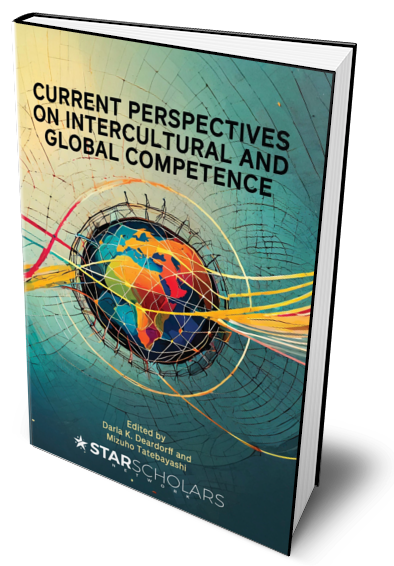Stop Commercializing the Value of Study Abroad? The Lack of an Effect of Study Abroad on Early Career Income of U.S. Graduates
Published
Synopsis
Study abroad is often described as an educational experience providing students with competencies that are highly valued in their later jobs, ultimately leading to a higher job income. Using U.S. representative data on college graduates, I examined the extent to which study abroad actually affects students’ job income. Results of the propensity score analysis showed that, contrary to what is often assumed, study abroad does not result in a higher job income four years after graduation. This raises the question of whether study abroad is as beneficial to students’ careers as has been assumed. Moreover, it emphasizes the need to gain a more nuanced understanding of the impact of study abroad on students’ careers.
How to Cite in APA
Kommers, S. (2022). Stop commercializing the value of studying abroad: The lack of an effect of study abroad on early career income of U.S. graduates. In X. Zhao, M. Kung, K. Bista, & Y. Ma (eds), Home and abroad: International student experiences and graduate employability (pp. 17-30). STAR Scholars. [order hardcopy ]





